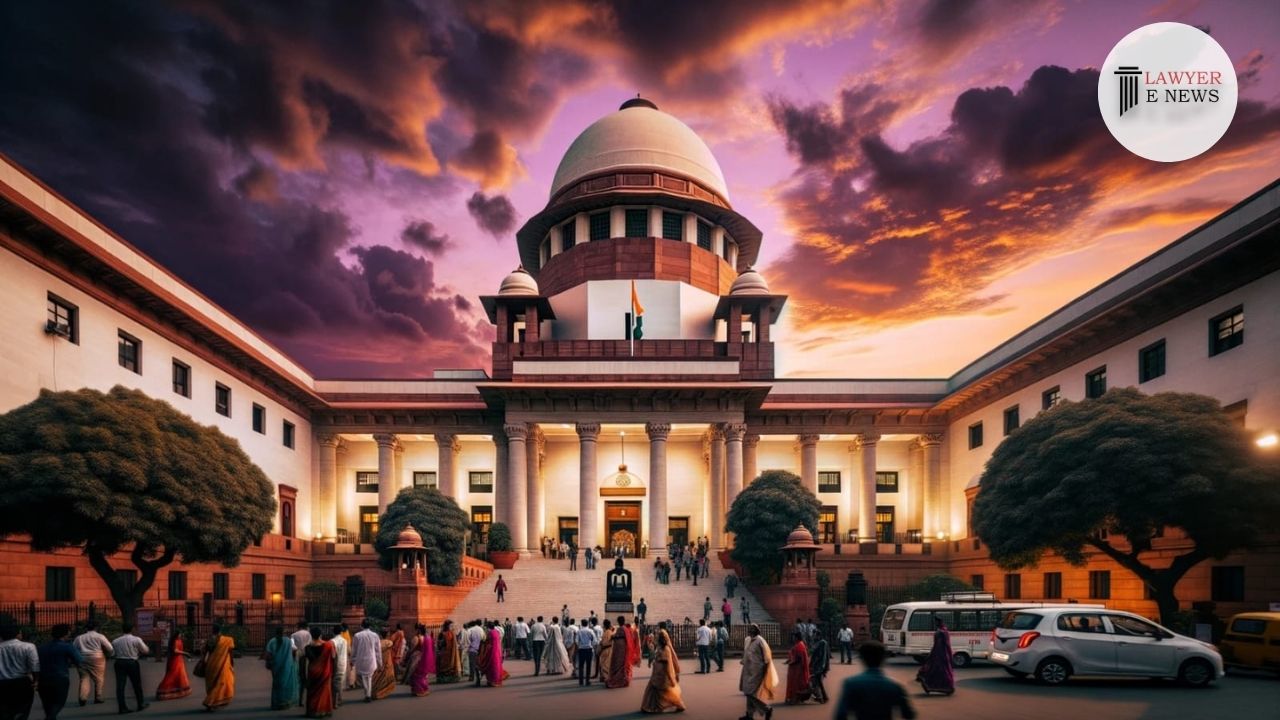-
by sayum
14 February 2026 2:22 PM



The Supreme Court of India set aside the bail orders granted by the Allahabad High Court to the accused in a double murder case, emphasizing the High Court's failure to consider the gravity of the offense, the roles attributed to the accused, and the potential for witness tampering.
Facts and Issues Arising in the Judgement The case arose from the murder of the appellant's two sons and serious injury to his nephew due to longstanding enmity between the parties. The accused, ten in number, allegedly entered the appellant's house and fired indiscriminately, killing his sons and injuring his nephew.
The accused sought regular bail under Section 439 of the Code of Criminal Procedure, 1973, which the High Court granted. The appellant challenged these orders, citing the severity of the crime and the risk of witness tampering.
High Court's Consideration: The Supreme Court noted that the High Court failed to properly evaluate the seriousness of the crime and the role of the accused.
"Merely recording that the Court has had regard to the nature of the accusation and the severity of the punishment is not a satisfactory method," the Court observed.
It emphasized the need for detailed reasons when granting bail in serious criminal offenses (Para 10-11).
Witness Tampering and Threats: There were credible allegations that the accused had threatened a key eyewitness in court, which the High Court overlooked.
"The respondents have threatened one of the key eyewitnesses in open Court, thrashed him, and threatened to kill him," noted the Supreme Court (Para 32).
Criminal Antecedents: The accused had a history of criminal activities, and this was not adequately considered by the High Court.
"The accused Nazim was granted bail in another case and while on bail, is alleged to have committed the double murder," the judgement highlighted (Para 31).
Delay Tactics: The Supreme Court noted attempts by the accused to delay the trial, which were not properly addressed by the High Court.
"The attempt to delay the trial on the part of the respondents has also surfaced from the records," the Court stated (Para 32).
Custody Duration: The period of custody before bail was less than three years, which the Supreme Court deemed insufficient given the gravity of the offense.
"All the accused-respondents have remained in custody for less than three years for such a serious offense of double murder," the judgement emphasized (Para 33).
Decision of Judgement: The Supreme Court quashed the bail orders granted to the respondents and directed them to surrender within two weeks. The observations made are limited to the issue of bail and do not reflect on the merits of the ongoing trial. The respondents may apply for bail at a later stage if new circumstances emerge.
Date of Decision: May 17, 2024
Ajwar vs. Waseem and Others
